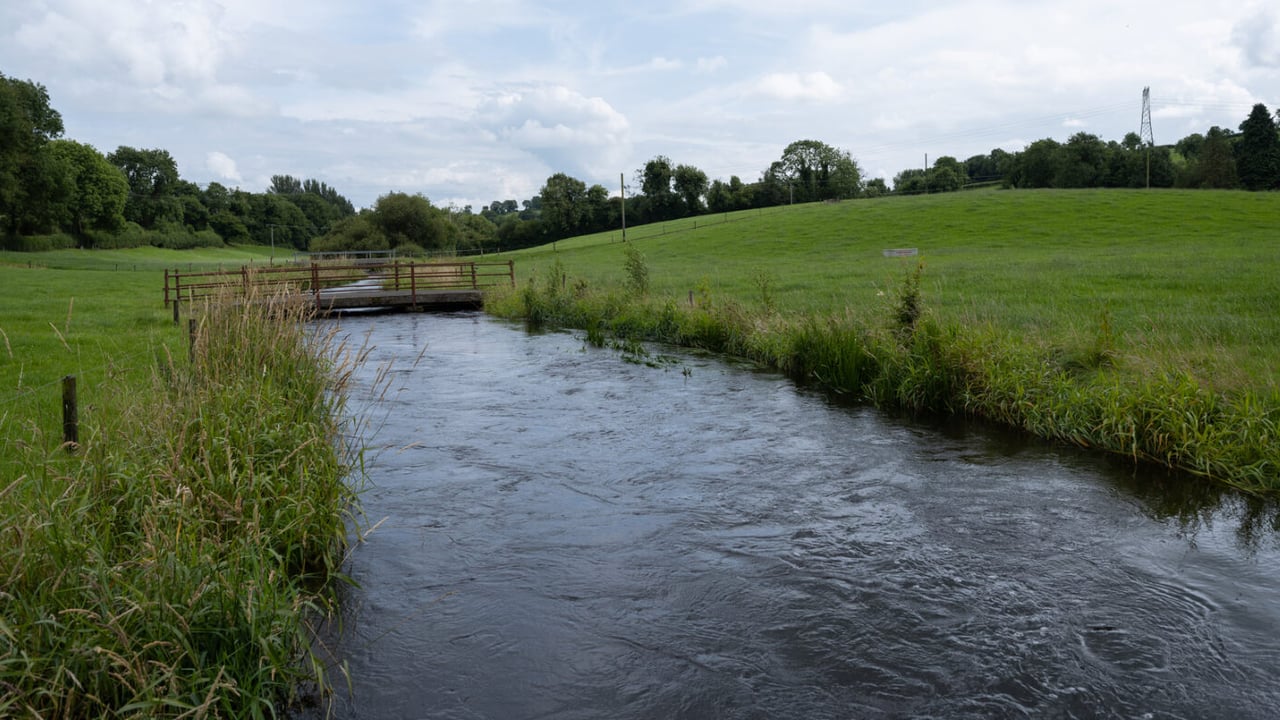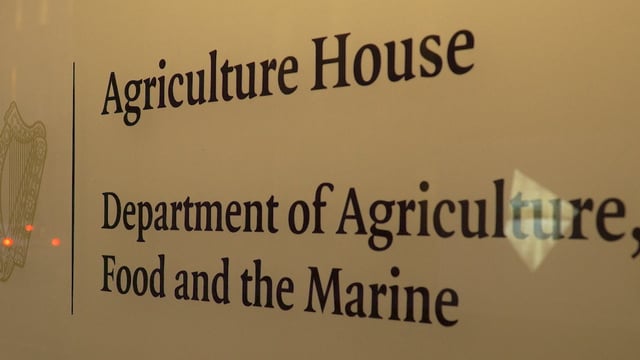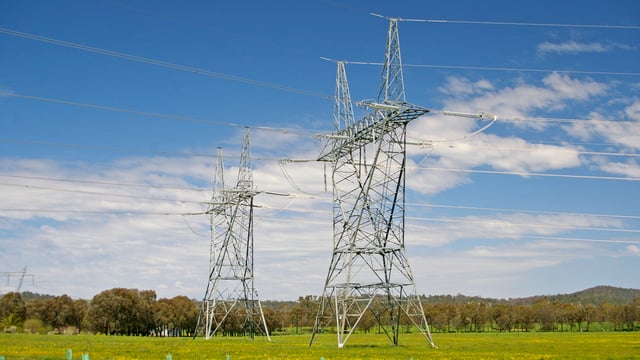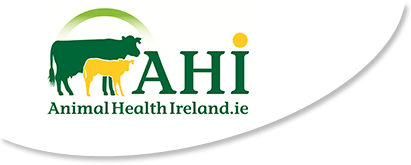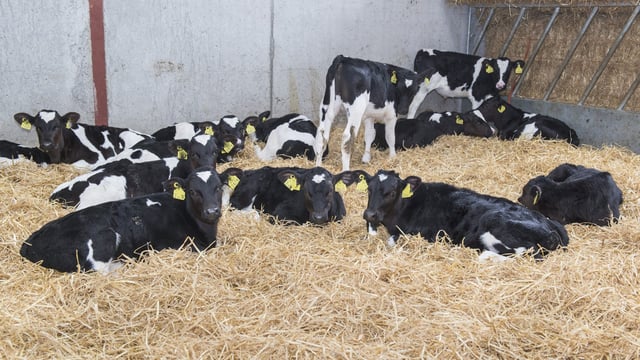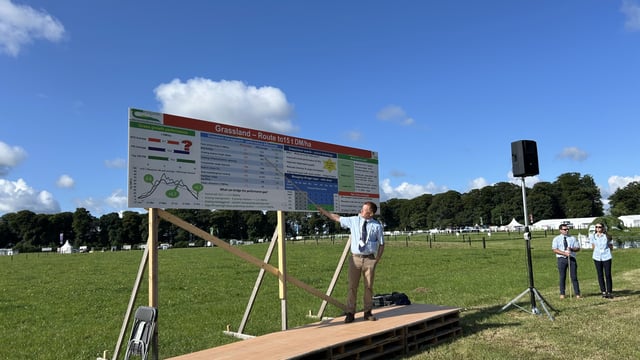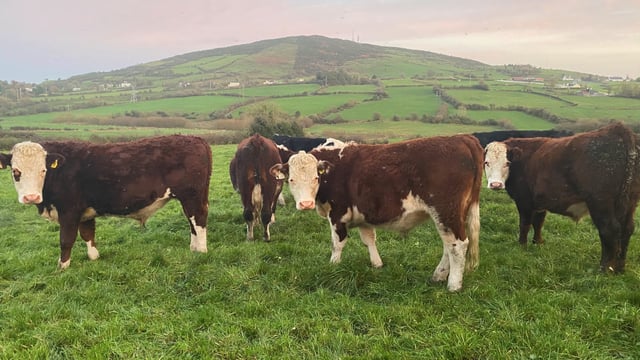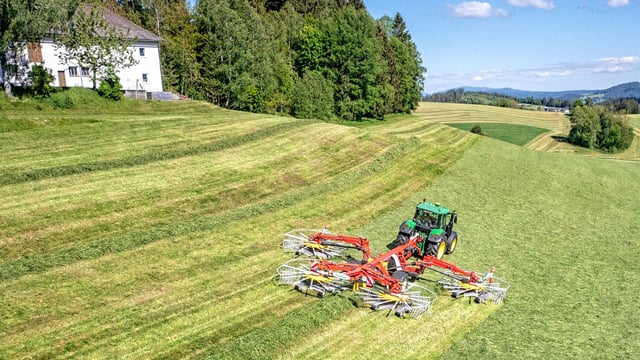An Taisce: Rivers in south and southeast 'still in serious trouble'
An Taisce has welcomed a report from the Environmental Protection Agency (EPA) showing there was a 10% national reduction in river nitrate concentrations during 2024.
The EPA analysis shows that overall nitrogen levels in rivers have reduced nationally in 2024 compared to 2023.
However the agency added that "overall, nitrate concentrations in the south east and midlands and eastern regions remain too high".
An Taisce
Commenting on the EPA report, Dr. Elaine McGoff, head of advocacy with An Taisce said:
“Any improvement in water quality is clearly welcome, but when it comes to nitrogen pollution, the south and southeast is where nitrogen pollution is a really serious ongoing concern.
"These are the areas which overlap with the most intensive dairy farming in the country and are home to the majority of derogation farms."
McGoff said that "most of the rivers in the south and southeast still had nitrogen pollution levels which would impact on the health of our rivers, estuaries and marine waters".
"Therefore, many rivers, estuaries and coastal waters in these areas will remain significantly polluted unless stronger measures are implemented," she said.
Data
The head of advocacy with An Taisce called for data to be provided "to explain what drove any of the reductions we’re seeing".
"We know there are many factors that can bring nitrogen levels in rivers down, including weather events.
"The fact that we see reductions across all regions would indicate that this was driven by something which happened at a national scale, across all land and farm types, and likely can’t be attributed solely to measures implemented predominantly on intensive dairy farms.
"We need data that show what, if any, of the measures being implemented at the moment are contributing to this reduction and then what stronger measures are needed to fill the huge gap that is still left," she said.
McGoff added that there has now been "over a decade of water quality decline, with agriculture being one of the key drivers of that water pollution".
"While the improvement in nitrogen levels is welcome, what we really need at this point is clear evidence that the measures being put in place by farmers are effective for adequately preventing agricultural nitrogen pollution.
"I’ve yet to see that evidence, and the nitrogen levels in the rivers of the south and southeast are telling us those rivers and estuaries are still in serious trouble," she said.
Water quality
The EPA is required to prepare an annual report of the results of water quality monitoring.
This data is used by the Department of Agriculture, Food and the Marine (DAFM) and the Department of Housing, Local Government and Heritage in their evaluation of the nitrates derogation, as required by the European Commission Implementing Decision.
Ireland is seeking to retain its nitrates derogation after 2025, which allows for an excess of 170kg livestock manure nitrogen per hectare to be applied.

